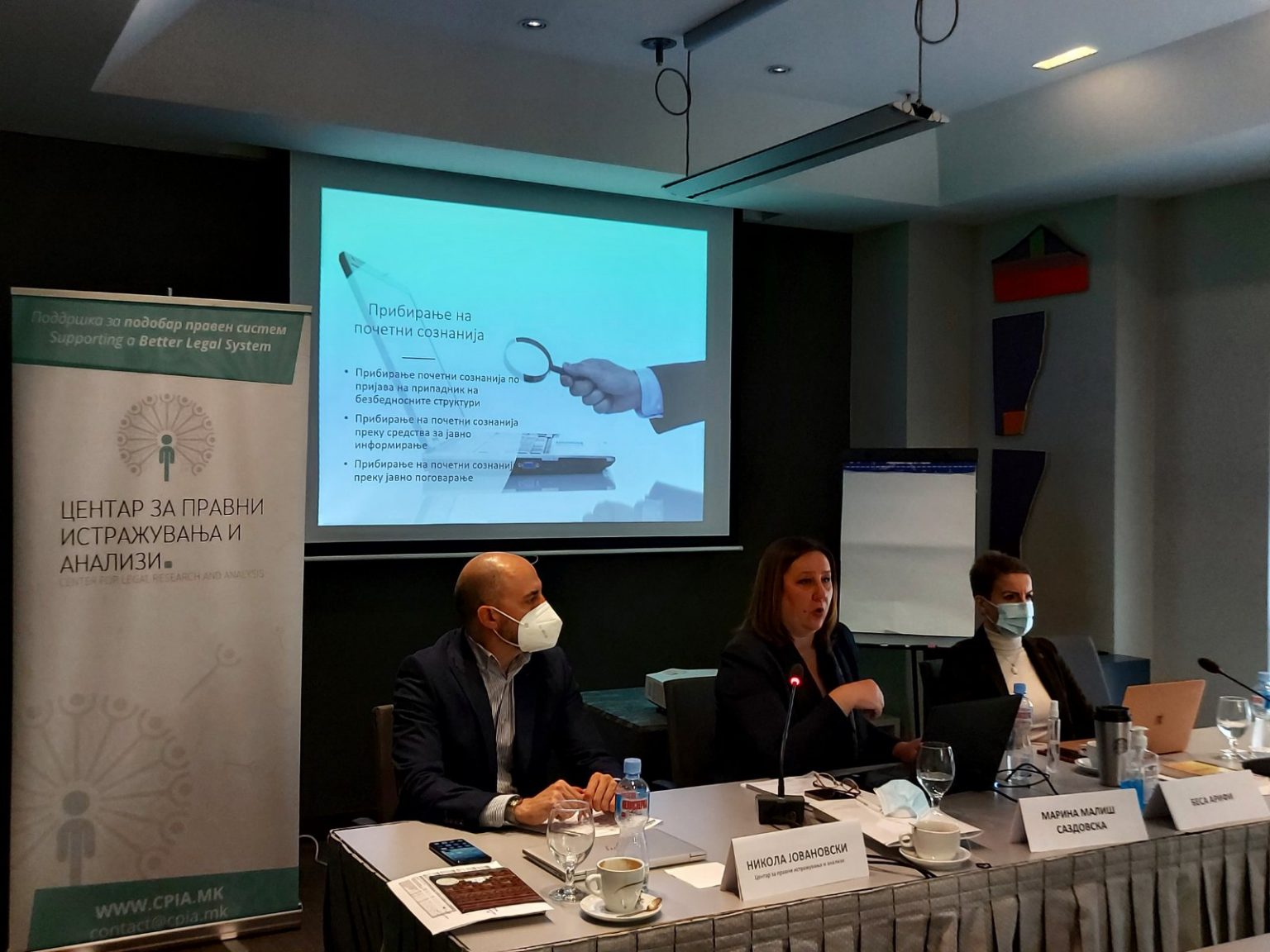
As a previous activity to conducting trainings, the preparation of the Curriculum for Environmental Justice, by Prof. Dr. Besa Arifi and Prof. Dr. Marina Malish Sazdovska, who also conducted the four trainings.
The objectives of the training were:
- Introduction and familiarization with international environmental law,
- Linking the concept of human rights and the environment,
- Acquaintance with the basic legal principles of environmental law,
- Acquaintance with the legal regulation for climate action,
- The right of access to information, public participation in decision-making and access to justice on issues related to the environment,
- Understanding the special areas and media of the environment that are subject to regulation in special environmental regulations.
During these trainings, a total of 50 representatives from the courts, the expert court service, public prosecutors, the public prosecutor’s service, as well as representatives from the Ministry of the Interior and the State Environmental Inspectorate attended. Such a mixed composition of training participants contributed to greater networking of all active stakeholders in the fight against crime in the environment, and at the same time, representatives from the courts and public prosecutor’s offices had the opportunity to learn more about the procedures of the services of the Ministry of Internal Affairs and DIŽS.
The trainers had the opportunity to familiarize the attendees with some of the topics provided in the curriculum, such as the concept of environmental justice, the practice of the European Court of Human Rights in the field of the environment, the methods for detecting, proving and clarifying environmental crimes, multilateral agreements from the field of environment ratified in the Republic of North Macedonia, as well as case studies.
In the end, all those present expressed satisfaction with the organized training and emphasized the need to organize more trainings of this type.








